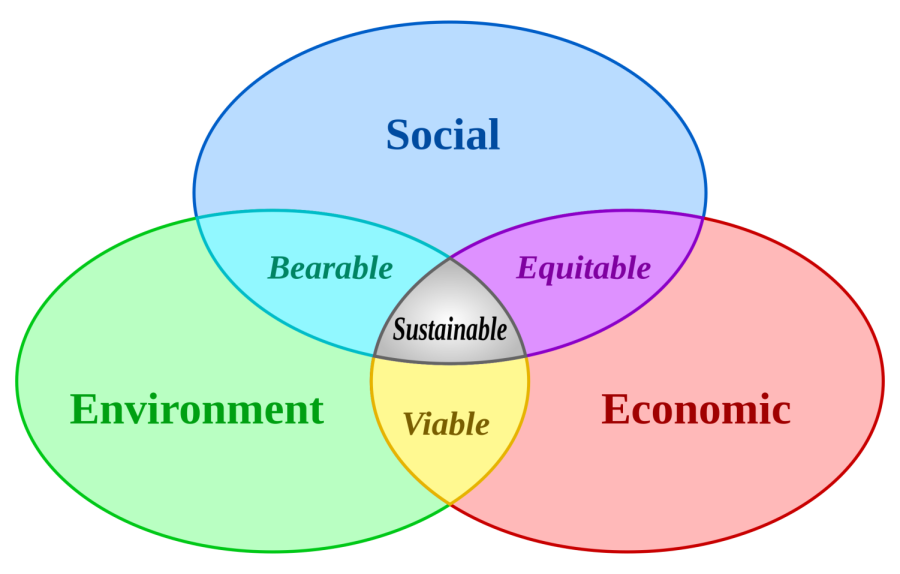The Future of Business Ethics
May 30, 2023
It’s easy to forget about sustainability when working in business. The sourcing, the by-products, the longevity, and more, all fly out the window in place of increased profits.
But in today’s climate, companies are experiencing increasing pressure to meet certain ethical standards. As such, business ethics has become vitally important to teach and learn. Business ethics is a study defined by the moral standards that control the production, distribution, and utilization of goods and services.
Individuals running a business, and the entity itself, must be fiscally and socially responsible to the primary stakeholders and the secondary stakeholders. Easier said than done. Managers are often faced with a moral dilemma between maximizing profits and ensuring ethical behavior. Business ethicists have struggled to give meaningful guidance.
Why? First, ethicists typically define business ethics as acting purely altruistically, without any self-interest. As Harvard Business Review states, ethicists assert one must act “within business for nonbusiness reasons.” University of Kansas ethicist Richard DeGeorge argues companies should be prepared to trade off profits in order to act ethically.
In Corporate Strategy and the Search for Ethics by Edward Freeman and Daniel Gilbert Jr, the authors remark that corporations must expel any form of external motivation for their employees. Leadership, incentives, and authority are described as sophisticated forms of “coercion.”
These messages seem confusing and contradictory. Theoretical arguments that question the basis of capitalism and ignore the financial responsibility of managers are of little use.
There is a natural tension between profit incentives and ethical leadership. This is where change needs to happen. If leaders acknowledge that these are not mutually exclusive, they could embrace profit and sustainable growth as essential goals.
The head of strategic initiatives at Patagonia Japan, Ei Nambu, states that it is possible, as exemplified by Patagonia’s success, to be profitable and sustainable. They do so by unwaveringly sticking to their core values. Employees thus want to work at Patagonia because they admire and support Patagonia’s promises of quality, integrity, environmentalism, justice, and unconventionalism. As a result, there are fewer moral dilemmas.
Similarly, in Japan many companies value the principle of “monozukuri.” This concept focuses on quality, the customer, and life-long learning. With this, Japan has created a very sustainable mindset, and, according to Fidelity International, has the largest number of supporters for the Task Force on Climate-related Financial Disclosures (TCFD).
However, as displayed by Fidelity International data, over half of the billion-dollar Japanese companies do not disclose carbon emissions, compared to less than thirty percent of European billion-dollar companies. Although this is largely due to their modest culture, I would argue that companies need to learn, lead, and share, as Ei Nambu states, “with a sense of urgency.”
The new generation, our generation, has the power to choose which companies survive with our purchasing power. Our generation should choose to support sustainable, ethical companies. If companies lean more toward stakeholder capitalism instead of shareholder capitalism, innovate, and share how to be more sustainable, that is how they will succeed.
Company leaders right now need to strengthen and adapt their core values to the changing demands of the people. There is no choice between ethics and financial success. There is only coexistence.



















